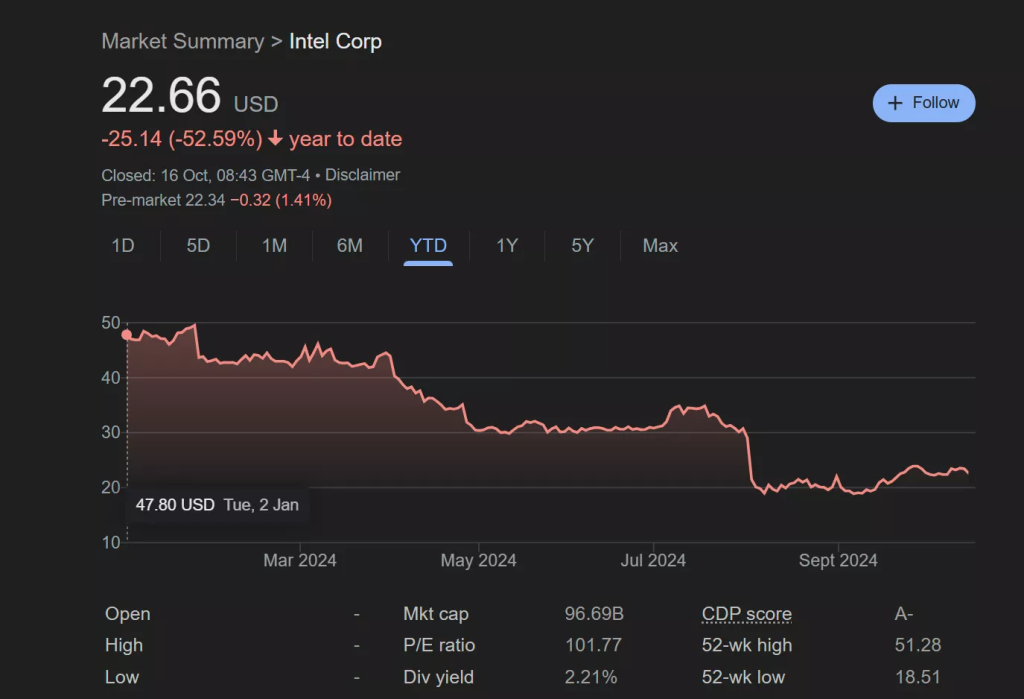At a time when Intel is facing a fall in its share price and lower-than-expected revenues, Qualcomm could buy the American processor giant.
According to people close to the matter who spoke to Bloomberg, Qualcomm has decided to wait until after the elections before making its next decision. A deal of this magnitude would undoubtedly be subject to scrutiny by regulators, both domestic and international. The company is keen to observe how the policies of the next administration will affect factors likely to impact the acquisition, such as antitrust rules and US-China relations.

China is an important market for Qualcomm and Intel. In the same month that it first approached Intel, Qualcomm met with antitrust regulators in China to assess their possible reaction to the deal. The company received no feedback from the Chinese authorities, who are apparently waiting to see if Qualcomm makes a formal offer for Intel.
In the United States, where Intel plays a key role in the government’s plan to revive the country’s semiconductor manufacturing industry, White House support for the deal would be crucial.
Intel is poised to become the biggest beneficiary of the Chips Act, with $8.5 billion in grants and $11 billion in low-interest loans, provided it continues its plant-building projects. Six months have passed since the government announced the funds, and Intel is still waiting for the funding. Qualcomm has been in discussions with U.S. regulators and believes that a 100% U.S. merger could alleviate some concerns, according to the report.
The sources added that Qualcomm could wait for the inauguration of the next U.S. president, expected in January 2025, before deciding whether to proceed with the deal.
Waiting could be advantageous for Qualcomm. Intel is due to publish its third-quarter results later this month. If the quarter is another disappointment and leads to a further fall in the share price, a buyout could cost Qualcomm less. Analysts are forecasting a further net loss of over a billion dollars for Intel.






